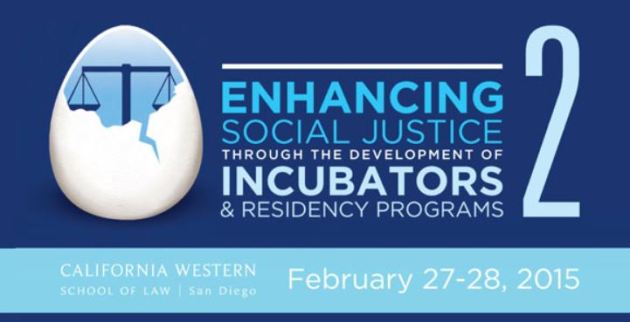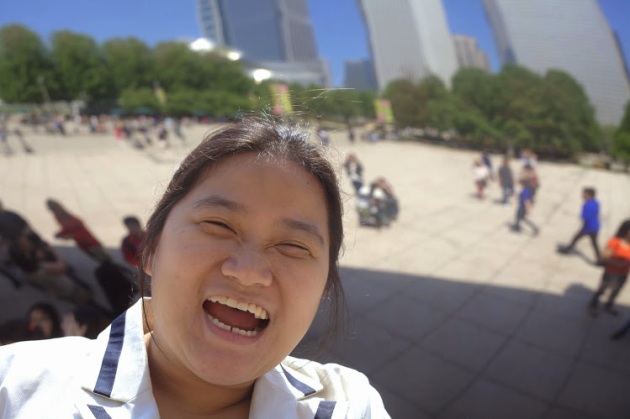The following is from my annual holiday update to my friends.

A blue postcard says “Happy Holidays” in the center with white snowflake stars. This image is from this e-card link.
I dreaded writing this year’s update. Although I was appointed as co-chair for the Women’s Bar Association of Illinois’ Attorneys with Disabilities Committee and a member of the Statewide Independent Living Council of Illinois (SILC), I haven’t been as productive as I would like to have been this year. I’m so used to doing everything at 90 mph that my slower pace is hard for me to get used to.
Another SILC member I just met worked at the University of Illinois when I was a freshman. When I asked her why we never met before this year, she replied that she saw me but she could never catch me because I was too fast. So perhaps there are benefits to living a slower pace. Please forgive me if I was going too fast to be there for you. I’m definitely here now if you need me.
Last December, I was just ending my pro bono work with the Legal Council for Health Justice, or the organization formerly known as Aids Legal Council of Chicago, which was a fantastic six months of hands on experience with Social Security matters directly from the Executive Director. I was enthusiastic to launch my own law practice, the Disability Law Collective, with the assistance from my legal incubator program. I soon realized that successful self-employment requires more than shared office space, particularly as a person with a disability. I did get my first case through Access Living and am eager to grow my practice.
I see improving independence and employment for myself and others with disabilities as the reoccurring theme of my work and my ultimate life goal. Able Community is the non-profit housing cooperative for people with and without disabilities that I have been working on with a fantastic group of people, who all happen to have disabilities and are all graduates from the University of Illinois Urbana-Champaign. Our Able Community members are working towards improving independence for people with disabilities, personal assistants, and their families.
Able Community is not having a fundraiser this year because we are working on our 501(c)3 incorporation; we are extremely close to filing the application. I realize that I’ve been saying this for a while, but we have just submitted our materials to our non-profit pro bono attorneys and our next step is filing the application. We will have more fundraisers once we file for our 501(c)3 status, so we can provide tax deductions. If you still want to donate to Able Community anyway, we would of course gratefully accept your generosity; here is a link to our PayPal info on the bottom of this hyperlinked page. We are incredibly grateful for everything our supporters have done for us already.
(In case you missed it, above is our fundraiser video from last year. It explains what Able Community is and who the members are better.)
I consider myself so blessed to be back home in Illinois, near the city I love and to be closer to the other Able Community members. As someone who pursued a legal career to practice civil rights and fight racial injustices, I am appalled by the recent police brutality incidents. I am conscious that the systematic violence and racial inequalities deeply rooted in our nation’s history call for even greater collective systematic change at the city and national level. I have also come to realize that the everyday injustices are just as important to advocate for as the systematic ones and I hope that my law practice, the Disability Law Collective, will meet the everyday legal needs of the disability community.
(A sneak preview of Disability Law Collective’s animated promotional video.)
I also feel blessed to be back, closer to my friends in Illinois, to celebrate life’s happy and sad moments together. I lost 3 friends this year. While this comes with being a part of the disability community and I have lost schoolmates from an early age, I don’t think I will ever get used to it. I’m sure that my losses do not remotely measure up to what the families who lost their loved ones with disabilities or the teachers and professionals who continuously loose people with disabilities they work with must go through.
Having said that, I believe it is wise to make legal preparations so your loved ones and family know what your final wishes are. This can be done through estate planning, including wills, and medical and financial powers of attorneys. I’d be happy to help you figure out what legal options meet your needs and if for some reason I cannot (I’m only licensed to practice law in Illinois and California), I’ll be happy to help find someone else who can. And please let me know if there is anything else I could help you with, legally or otherwise.
I have been enjoying Chicago. One of the Able Community members would marry football if he could, whereas I would definitely marry Chicago. My sister and I have been doing the touristy things that we never did before, like architecture tours. We’ve also been going to Broadway musicals. I’m really glad that my love of musical started in an early age (thanks to my elementary school music and art teachers). I did subject to my whole law school to this love by making many of the professors and students participate in my law school musical production during my last year.
I’ve also taken up some inherently dangerous adaptive activities, including water skiing and alpine skiing (I’m sure some of you would love to throw me off a mountain). It feeds my rebellious-defying-what-people-say-I-cannot-do-because-of-my-disability spirit. Similar to the teams of people assisting people with disabilities find independence through sports traditionally meant for able-bodied people, I am excited to be a part of teams advocating for the independence for people with disabilities through the Disability Law Collective and Able Community.
(Photo with the crew of volunteers who made sure that I didn’t kill myself my first time skiing.)
I am taking better care of my health with adaptive yoga and horseback riding. I look forward to adding adaptive scuba diving to the list of my inherently dangerous adaptive adventures. Perhaps I am training to be the next James Bond… I know that I am not an attractive British able-bodied man. But how cool would it be if there was a movie with a female spy with a disability who is a person of color?!?
Happy Holidays, but especially a very Merry Christmas and a Happy Hanukkah (showing my Judeo-Christian biases)!
Sincerely,
Esther S. Lee,
Attorney at Law
esther@disabilitylawcollective.com
Disability Law Collective <http://disabilitylawcollective.com>
Find us on WordPress Facebook Google + LinkedIn Twitter





